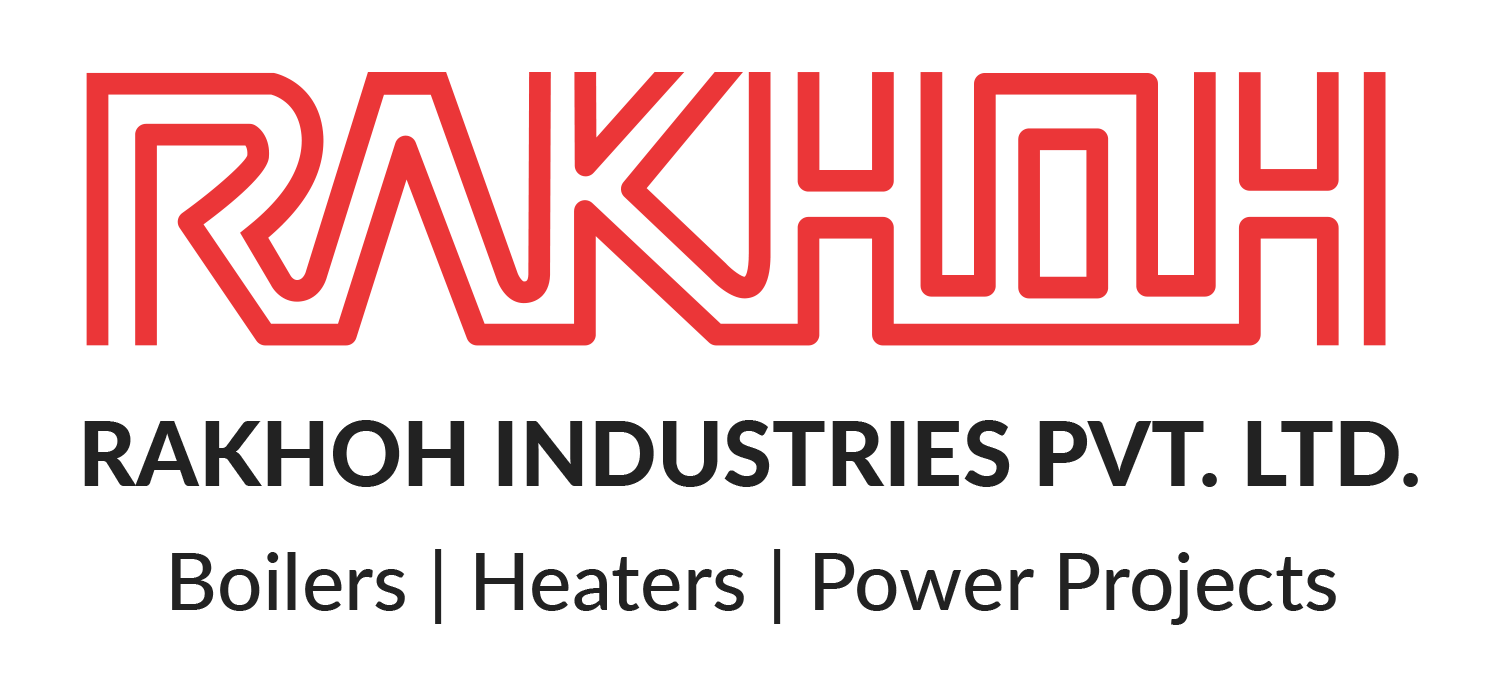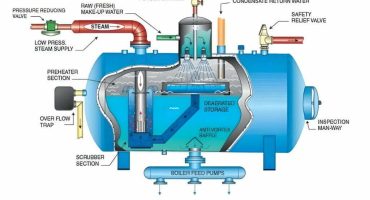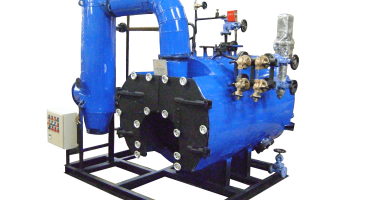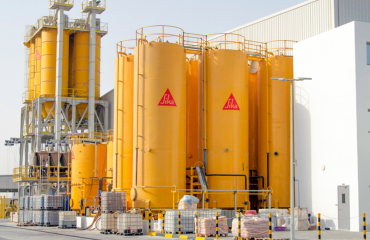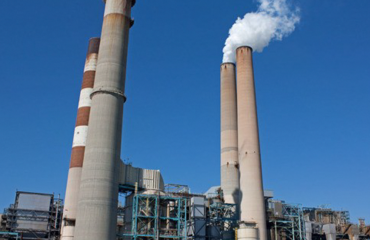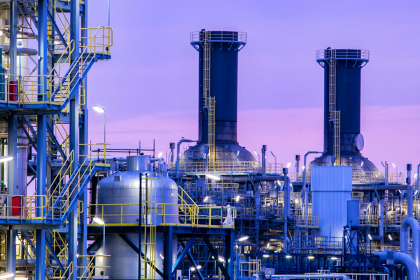
Industrial boilers are paramount for generating steam that is used for processing operations. Steam generation occurs by transferring heat energy to the water. As boilers are made of metal that are good conductors of heat, heat transfer efficiency is a major factor that influences boiler performance. Depending on the amount of impurities in feed water quality, it causes a significant impact on the formation of deposits in the boiler. During continuous boiler operation, it is challenging to maintain clean metal surfaces and prevent any layer formation. Scale formation is one of the effects of low-quality feed water that reduces the heat transfer in the boiler.
What is Scale Formation in Boilers?
The precipitation of impurities from the feed water on the heat transfer or metal surface on the boiler causes scale formation. During evaporation, the deposits become hard and concentrated, which hinders the heat transfer and causes hot spots, eventually leading to local overheating. Feedwater contaminants such as calcium, magnesium, iron, silica, and aluminum are the major causes of deposit formation. Scale formation occurs due to salts that are not completely insoluble in the boiler water. Hence the salts reach the surface in a soluble form and precipitate.
The presence of calcium and magnesium salts is the main cause of scaling in boilers, along with high concentration of silica to the water alkalinity in the boiler. Scale salts generally consist of carbonates, bicarbonates, and sulfates that form slowly in a concentrated pattern, reducing the heat transfer. If overlooked, scales can be extremely difficult to remove even by using chemical treatment.
The carbonate deposits are generally granular or porous. The calcium carbonate crystals are large and matted, which leads to dense scale formation in boilers. Carbonate deposits can be identified by suspending them in an acid solution as the carbon dioxide bubbles will effervesce from the scale.
The sulfate deposit is denser compared to the carbonate deposit as the crystals are smaller and bond together. The sulfate deposit is brittle that does neither easily pulverize nor effervesce when introduced to acid.
Deposits with high silica are hard with extremely small crystals that lead to a dense scale formation in boilers. The scale is light in color and brittle that causes difficulty in pulverizing. It is not soluble in hydrochloric acid.
Causes of Scale Formation in Boiler:
Let us look at the factors that contribute to the scaling in steam boilers:
Feedwater quality:
One of the most impactful factors causing scales in the boiler is the low quality of feed water. Boiler manufacturers suggest pretreatment of feedwater that involves analyzing the water source, its quality, and the removal of suspended or dissolved solids through the process of filtration, softening, or demineralization. Feedwater of low quality can result in scaling and deposition because of hardness and iron.
Contaminated condensate:
When the steam vapor is returned to its liquid state, it forms condensate taking place during utilizing steam in process operations. It retains about 13% of the steam energy that is used in boilers to reduce make-up water and fuel costs. Contaminated condensate, if not treated properly, causes scaling in boilers.
Boiler Pressure:
The amount of scale formation in the boiler depends on the pressure at which the steam boiler operates. Depending on industry and system, boiler manufacturers suggest the ideal chemical properties and pressure to use for optimal functioning of the boiler.
Boiler Design:
Some boiler designs are prone to scaling on a greater scale than others. Few steam boilers have varying heat flow rates at the tube surface with the same pressure rating. Boiler design and efficiency can be major factors causing scaling in boilers.
Irregular Boiler Maintenance:
Irregular and poor maintenance of the boiler system or negligence with feed water treatment causes scaling that may cause harm to the steam boiler and the process plant.
Prevention of Scale Formation in Boiler:
If scaling is neglected, it may cause a reduction in heat efficiency by acting as an insulator that would slow down the heat transfer. Scaling, if left unchecked, may lead to overheating and rupture of the tube in the steam boiler. Some of the ways to prevent scale formation in boilers are:
- Boiler Water Treatment: Scaling is caused by the presence of insoluble salts, calcium, and magnesium in the feed water. It is crucial to ensure proper boiler water treatment before it is utilized for operations.
- Water Softeners: Installing water softeners can help in preventing limescale in the steam boiler.
- Removal of Scales: Scales that are formed loosely on a boiler surface can be removed with a wire brush or a scraper.
- Cooling Water Inhibitors: Cooling water inhibitors are suitable for extending the solubility of the salts and prevent scaling in boilers.
- Thermal Shocks: Thermal shocks are conducted for scale that is brittle in nature.
- Chemical Cleaning: If the scale formation is extensive in the boiler, then boiler manufacturers can perform chemical cleaning for the removal of scale and corrosion in boilers.
- Blowdown Operations: Frequent blowdown can help in removing the scale that is formed loosely on the surface of the boiler.
- Regular Maintenance: Regular monitoring and maintenance of the steam boiler can help in preventing scale formation before it gets denser.
Conclusion:
Scaling can be harmful to the steam boiler as it increases fuel requirement and cost and reduces heat transfer and boiler efficiency. Rakhoh Boilers is one of the leading boiler manufacturers since its inception in 1983 that delivers high-quality steam boilers and the best boiler services to more than 20 process industries.
Know more about us by visiting www.rakhoh.com
